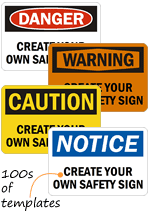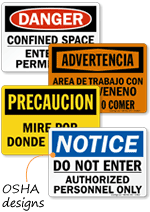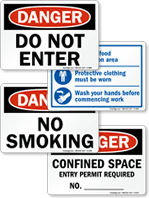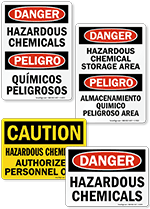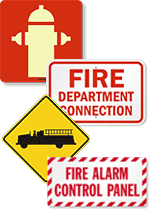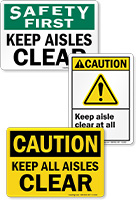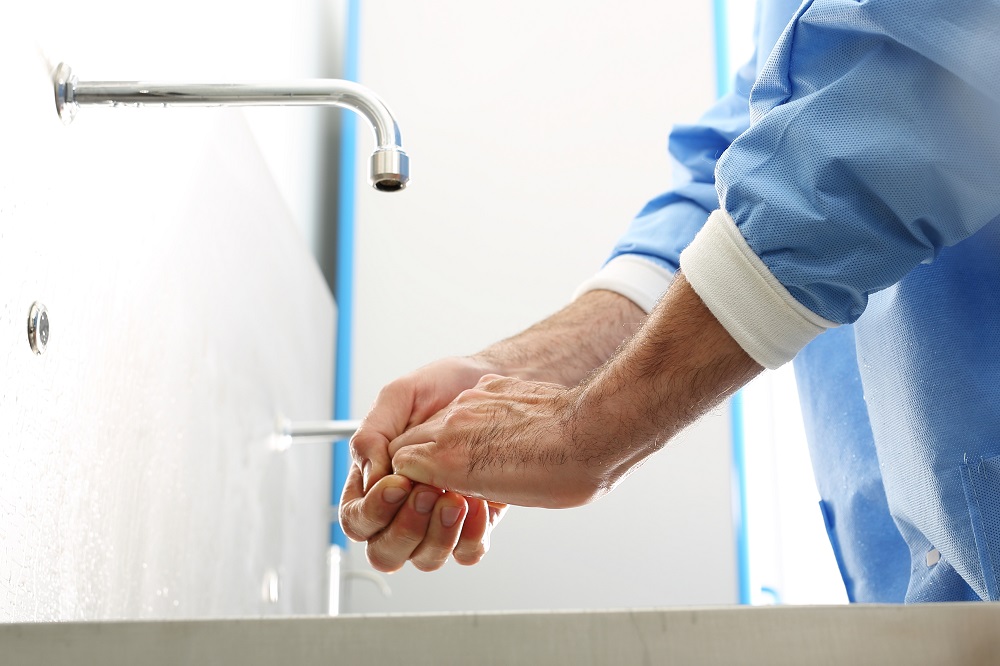Hand hygiene declines at end of hospital shift
New research on hand washing habit in hospitals shows that healthcare workers are less likely to wash their hands toward the end of their shift. The decline is attributed to hectic work schedules that drain cognitive resources responsible for self-regulatory behavior. As work pressure builds through the day, mental fatigue pushes healthcare workers to focus on job-related primary tasks over hand-hygiene.
Published by the American Psychological Association, the research was led by Hengchen Dai, a Ph.D. candidate at the University of Pennsylvania, who studied hand-washing habit of 4,157 caregivers in 35 U.S. hospitals for three years.
The research team found that “hand-washing compliance rates dropped by an average of 8.7 percentage points from the beginning to the end of a typical 12-hour shift.”
The researchers also found that compliance rate reduced even more as the intensity of work increased. However, if healthcare professionals were given longer breaks and more time off between shifts, hand-washing protocol was followed carefully.
Hand washing is a low priority task for caregivers
Healthcare workers are occupied with many patient-related duties that they stack over routine hand washing. These include patient assessment, medication distribution, preparing patient’s food, monitoring visitors and maintaining a clean environment.
“For hospital caregivers, hand-washing may be viewed as a lower-priority task and thus it appears compliance with hand hygiene guidelines suffers as the workday progresses,” Dai says.
According to Centers for Disease Control and Prevention (CDC), healthcare workers are required to wash hands at the following times:
- before patient contact
- after contact with blood, body fluids, or contaminated surfaces (even if gloves are worn)
- before invasive procedures
- after removing gloves
How much does negligent hygiene cost?
In settings like hospitals, where healthcare workers are exposed to innumerable pathogens, such negligence toward hand hygiene by fatigued employees can cost way too much. CDC estimates that hospital patients acquire 722,000 infections each year. Based on various studies on hand hygiene conducted in past, Dai and her co-researchers estimated that the 5,723 registered hospitals across the country could be home to an additional 600,000 infections per year costing approximately $12.5 billion annually. With 5.82% of health-care infections being fatal, these estimates could mean 35,000 unnecessary deaths per year in the U.S.
Steps taken to track hand washing in hospitals
Researchers here tracked workers’ hand sanitizing activities by the way of RFID badges that communicated with units installed in hand soap and sanitizer dispensers in patients’ room.
Hospitals currently use a variety of technology to ensure workers practice necessary hand hygiene. Healthcare providers at the Intermountain Healthcare in Salt Lake City, Utah wear a smart watch that measures hand hygiene adherence. The watch changes color from green to red when a caregiver goes to a patient’s room, indicating that the former needs to now wash hands. This is by far the most sophisticated way to measure and improve hand hygiene rates.
Other hospitals use smart sinks that beep if a nurse or technician fails to wash his or her hands for 20 seconds.
Other professions may yield similar findings
“We believe ours is the first study investigating whether accumulated work demands can affect rule compliance over the course of a single workday, as opposed to over weeks, months or years,” says co-researcher Katherine Milkman.
“We think this line of research could be applied to other types of workplace compliance, such as ethics standards in banking, safe driving behaviors in trucking and safety standards in manufacturing,” she continues.
Category: News, News / New Products


